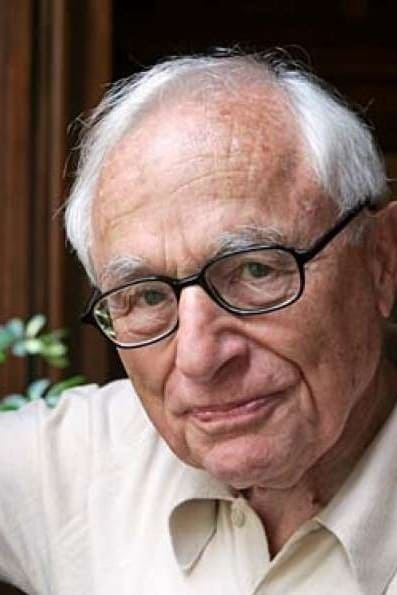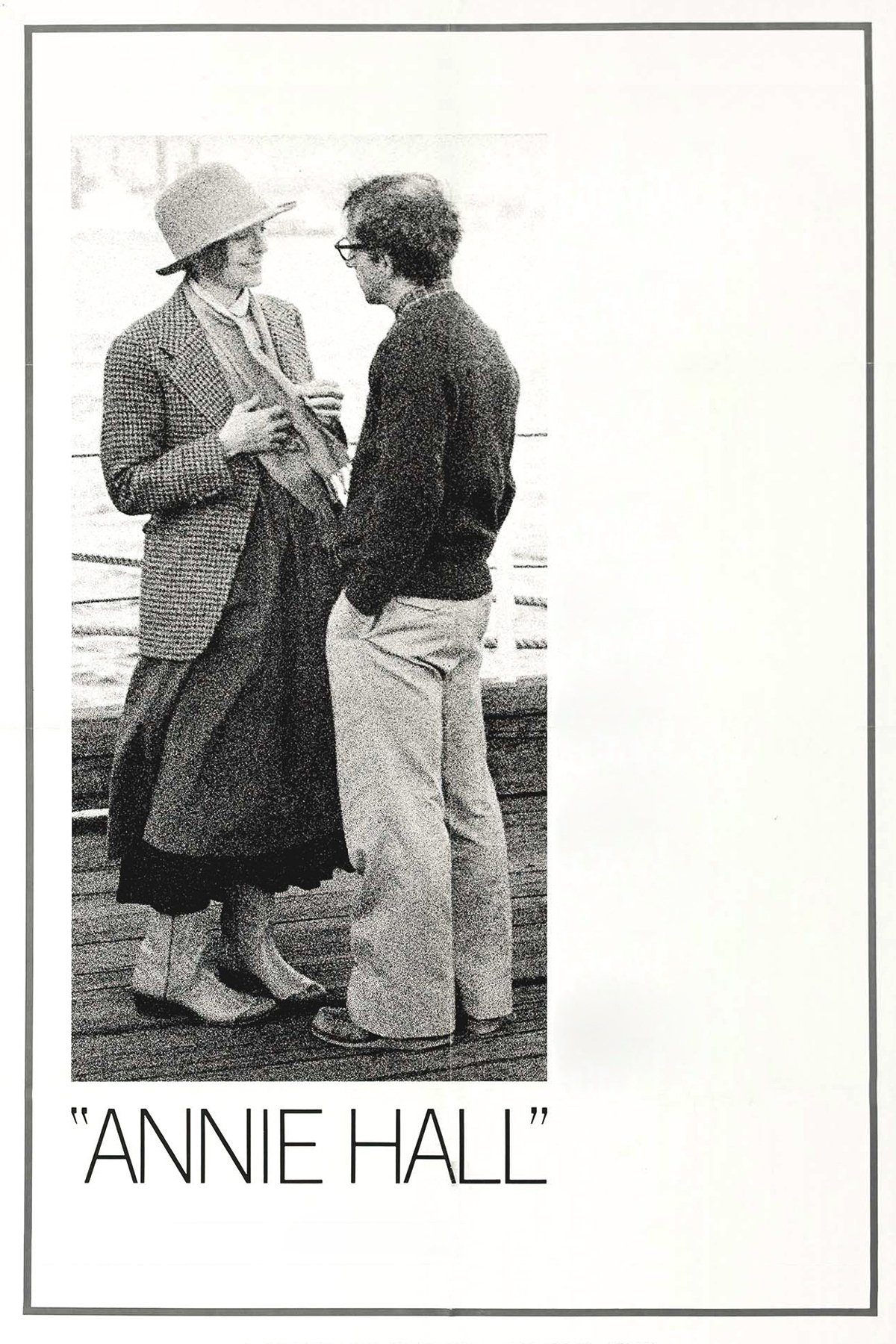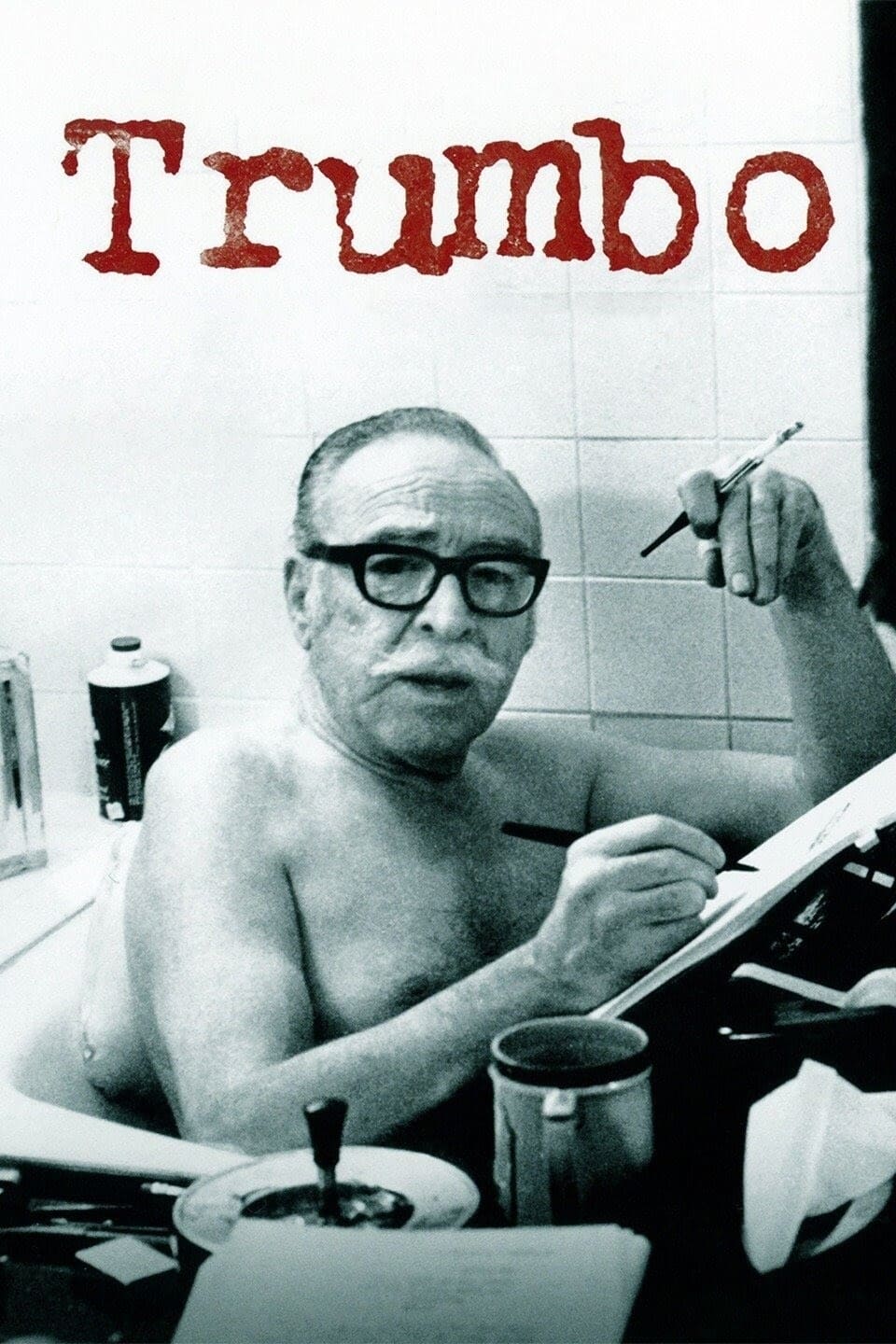
Walter Bernstein
Biography
In February 1941, Bernstein was drafted into the U.S. Army. Eventually attaining the rank of Sergeant, he spent most of World War II as a correspondent on the staff of the Army newspaper Yank, filing dispatches from Iran, Palestine, Egypt, North Africa, Sicily and Yugoslavia. He wrote of his experiences in Palestine in an article entitled "War and Palestine".
Bernstein wrote a number of articles and stories based on his experiences in the Army, many of which originally appeared in The New Yorker. These were collected in Keep Your Head Down, his first book, published in 1945.
Bernstein first came to Hollywood in 1947, under a ten-week contract with writer-producer-director Robert Rossen at Columbia Pictures. Following that stint, he worked for a while for producer Harold Hecht, which resulted in his first screen credit, shared with Ben Maddow, for their adaptation of the Gerald Butler novel Kiss the Blood Off My Hands for the 1948 Universal film. He subsequently returned to New York, where he continued writing for The New Yorker and other magazines, and eventually found work as a scriptwriter in the early days of live television. In 1950, because of his numerous left-wing political affiliations and related activities, his name appeared in the notorious publication Red Channels, and as a result he found himself blacklisted. Throughout the 1950s, however, he managed to continue writing for television, both under pseudonyms and through the use of "fronts" (non-blacklisted individuals who would permit their names to appear on his work). In this manner, he contributed to several notable TV programs of the era, including Danger, the CBS News docudrama series You Are There and the mystery series Colonel March of Scotland Yard. (It has been incorrectly stated in some sources that Bernstein's blacklisting resulted from "unfriendly" testimony given to HUAC in 1951, but in fact he was not subpoenaed by the Committee until the late 1950s, and never actually testified.)
His screenwriting career began to rebound from the blacklist when director Sidney Lumet hired him to write the screenplay for the 1959 Sophia Loren movie That Kind of Woman. From then on Bernstein was able to work openly on films such as Paris Blues (1961) and Fail-Safe (1964). He also contributed, without receiving credit, to the screenplays of The Magnificent Seven (1960) and The Train (1964), and was one of several writers who worked on the script for the ill-fated Something's Got to Give, which was left uncompleted at the time of the death of its star, Marilyn Monroe, in 1962.
Known For
Personal Info
Known For
Writing
Known Credits
43
Gender
Male
Birthday
1919-08-20 (105 years old)
Place of Birth
Brooklyn, New York, USA
Acting
2016
Imitation of Life: The Blacklist History of High Noon as Not available2009
A War in Hollywood as Self - Screenwriter2007
Trumbo as Self - Interviewee2002
The Tramp and the Dictator as Self (uncredited)2001
Marilyn Monroe: The Final Days as Self2000
Revisiting 'Fail-Safe' as Self2000
On Cukor as Self2000
Guns for Hire: The Making of 'The Magnificent Seven' as Self1998
Hollywoodism: Jews, Movies and the American Dream as Himself1977
Annie Hall as Annie's Date Outside TheatreCrew
2011
Hidden Creator2000
Fail Safe Teleplay2000
Fail Safe Co-Executive Producer1999
Durango Writer1997
Miss Evers' Boys Writer1995
The Affair Story1994
Doomsday Gun Writer1991
Women & Men 2: In Love There Are No Rules Writer1991
Women & Men 2: In Love There Are No Rules Director1988
The House on Carroll Street Writer1980
Little Miss Marker Screenplay1980
Little Miss Marker Director1979
Yanks Screenplay1979
An Almost Perfect Affair Screenplay1978
The Betsy Screenplay1977
Semi-Tough Screenplay1976
The Front Screenplay1970
The Molly Maguires Producer1970
The Molly Maguires Screenplay1965
The Money Trap Writer1964
Fail Safe Screenplay1964
The Train Screenplay1962
Something's Got to Give Writer1961
Paris Blues Screenplay1960
Heller in Pink Tights Screenplay1960
The Magnificent Seven Screenplay1960
A Breath of Scandal Adaptation1959
The Wonderful Country Screenplay1959
That Kind of Woman Screenplay1957
DuPont Show of the Month Additional Writing1948
Kiss the Blood Off My Hands Adaptation


